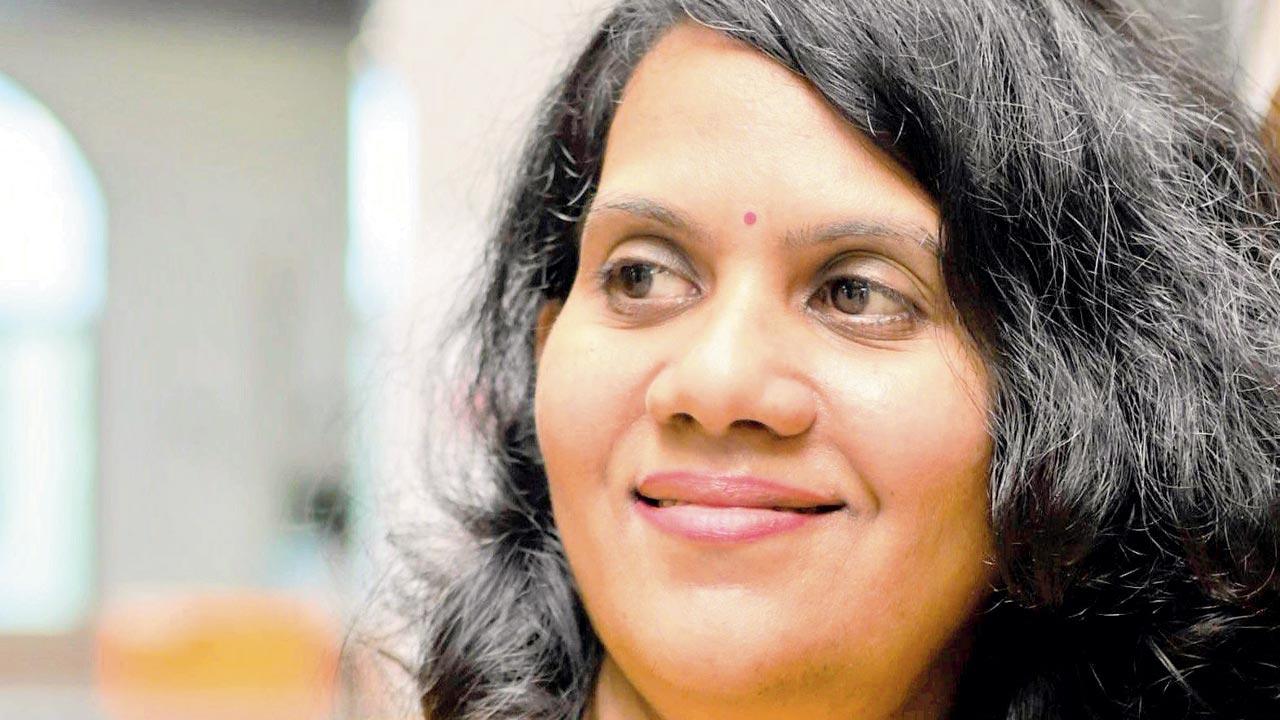Sheryl Sandberg stepped down as Chief Operating Officer at Facebook (now Meta) after 14 years to start the next chapter of her life. How should an ideal transition take place for professionals in leadership and managerial positions and their teams when they move on? Experts help us draft a blueprint

Sheryl Sandberg with Mark Zuckerberg. Pic courtesy/Facebook
Making the leap
ADVERTISEMENT

Smitha Iyer, executive coach and founder of Dcode Human Capital, 46, Mumbai
After leading the human resource team for an organisation pan India and across businesses for 15 years, I quit in March 2022 to start my own venture, Dcode Human Capital. I felt it was important to explore options and get out of my comfort zone, which is crucial for growth. I wanted to extend my journey and see how I can contribute in the space of leadership development. Initially, it was hard to think about leaving, but as I found clarity on my purpose, it became easier to move forward.
Professional and personal transitioning
I’ve always ensured work was team-driven. It must be about empowering the team so they are not dependent on one person. That was my way of working — to ensure everyone knows their purpose and works together towards the goal. To do this, I felt it was important to expose my team to larger aspects of work outside their roles; and because of this, the team was equipped to carry on confidently after I left.
On the other hand, my personal transition was also smooth. I follow an established structure to my day that is similar to my corporate life routine — waking up early, balancing work, fitness and social life. This discipline has helped me stay focused on my next steps and made my transition easier.
An ideal transition

Pearl D’Souza McKenzie, director of PrePearl Training Development Pvt Ltd, 37, Mumbai
A handover can be more than just about the work. Firstly, it can help the individual consolidate their work, become aware of the impact they’ve made, and the legacy they’ve helped build. When an individual at a high position moves on after many years, they need to move forward with satisfaction and acceptance. Any transitional phase can be challenging but it helps to understand your reason and purpose.
 Equip your team to be able to carry on confidently without depending solely on you
Equip your team to be able to carry on confidently without depending solely on you
Secondly, a good handover is important to ensure continuity within the organisation without any disruption to the workflow, and to sustain the dynamics of the team. A dialogue between the leader and team, at individual levels, can be helpful here. Have a conversation with team members, sharing observations on strengths and reiterating individual and collective purpose.
Additionally, dialogue between the old and new leaders effectively ensures continuity; vision for progress, team journey and future opportunities can be discussed.
The transition checklist
. Ensure work and progress is team-driven and not dependent on the leader alone.
. Set your purpose for your next step so you have direction.
. Handovers can help you become aware of the impact you’ve made at the organisation.
. Initiate dialogue with team members at an individual level before leaving to ensure smooth transition and continuity of work.
. New leaders can speak to their team to understand their journey, strengths and future opportunities.
. After you leave a position, continue to follow a daily routine.
 Subscribe today by clicking the link and stay updated with the latest news!" Click here!
Subscribe today by clicking the link and stay updated with the latest news!" Click here!







